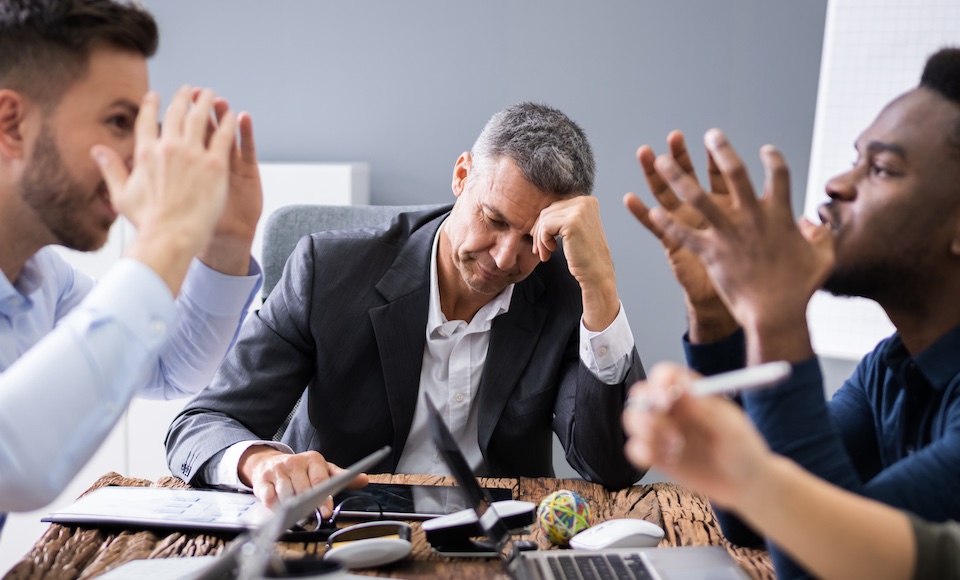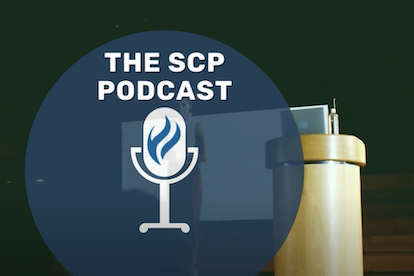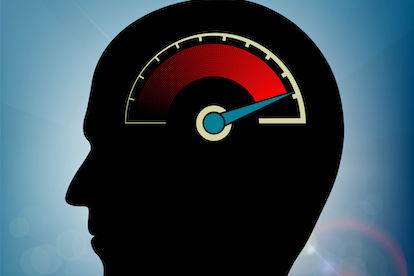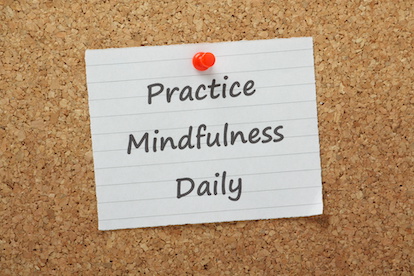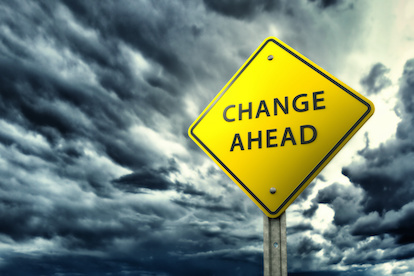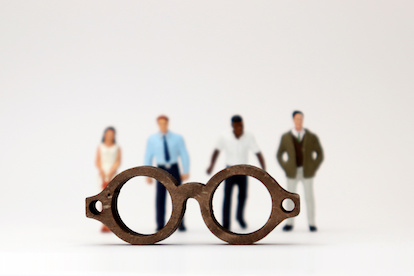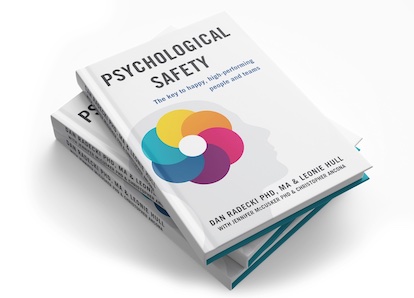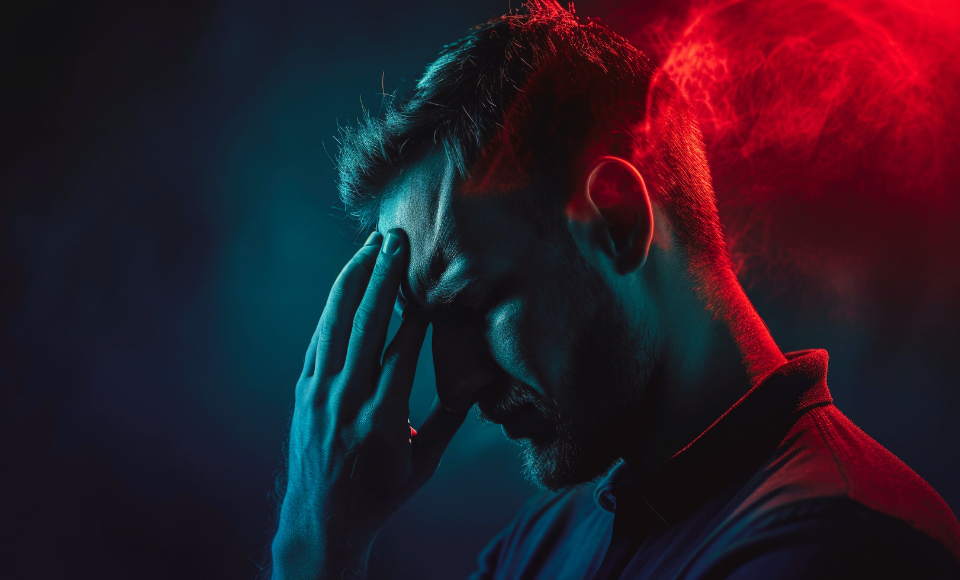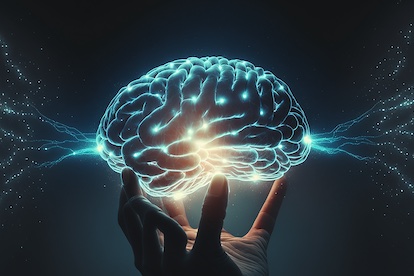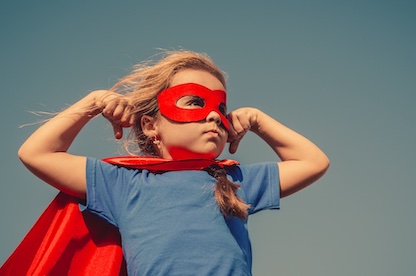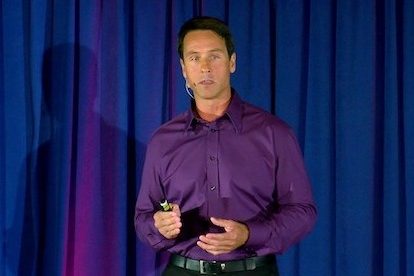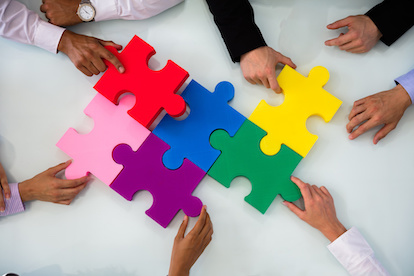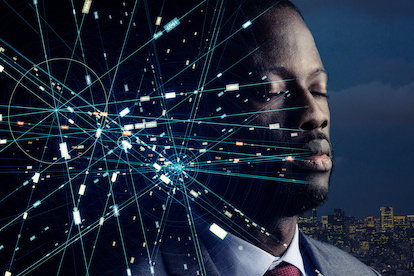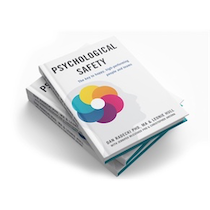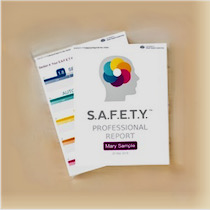Podcasts
Toxic Environments: How to build trust & psychological safety on teams
Neuroscientist, Dr Dan Radecki & Julia Arndt discuss: Psychological safety and why it is so important; the link between psychological safety and stress; how to manage your triggers and build a resilient brain and how to build a resilient team.
Podcasts, Videos
Neuroscience in Leadership Consulting
Neuroscientist, Dan Radecki joins Society of Consulting Psychology (SCP) Marketing Chair Patti Weiter for a conversation about using neuroscience to enhance leadership.
Podcasts
The Psychological Safety and Resilience Connection
To build resilience, whether in a team or an organization, a person needs to build psychological safety for themselves … but how? In this talk with neuroscientist, author, and the co-founder of the Academy of Brain-based Leadership (ABL), Dr. Dan Radecki, we explore some of the brain-based principles that influence our psychological safety experience and how, from a brain perspective that then impacts our personal wellbeing and resilience.
Podcasts
Mindfulness: A powerful tool for equity and inclusion in the workplace
What role does mindfulness play in a diverse and inclusive workplace?
Besides its most popular benefit as a tremendous stress reliever, according to Forbes, mindfulness gives employees permission and space to think and be present, leading to mental agility, resilience, and self-awareness. Mindfulness is instrumental in developing empathy, compassion, and the ability to relate to one another, which is conducive to cultivating workplace diversity.
Podcasts
Psychological Safety through Change
How do you support leaders and teams through uncertainty and change, in particular, change that we have no control over – from a global pandemic to workplace mergers and acquisitions.
Podcasts
Build trust and belonging – connection through vulnerability
Learn how to leverage neuroscience to effectively build trust and belonging like Herman Miller who has embedded the concept of psychological safety to cultivate connection across their business.
Podcasts
Using your higher brain to become a better leader
Leverage the latest findings in neuroscience to become a better leader and a better you.
Podcasts
The power of resilience in leadership
Competing demands on our attention our brain is paying a huge price. Learn why building resilience is so important to the brain.
Podcasts
Optimizing your brain to maximize your work
As a neuroscientist studying the impacts of stress I was surprised when I entered the corporate world just how much these factors were neglected.
Podcasts
The neuroscience of bias
Understand our brain’s nonconscious bias and what we can do about it in a world needing more understanding and connection.
